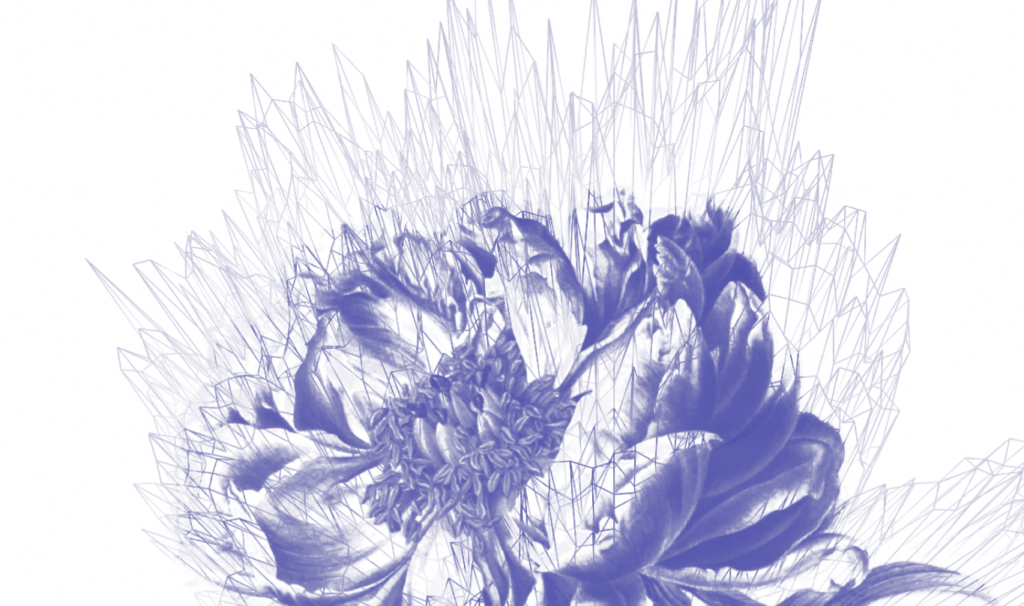The “right to fork” is inherent in the fundamental software freedoms common. Forking also takes place in “traditional institutions” such as non-profit associations and political and religious movements. Forking was in the spotlight when a controversy about The DAO had caused Ethereum to split in two instances.
This essay is part of the Proceedings of the 23rd International Symposium on Electronic Art ISEA2017 in Manizales. Please also see the Future Cryptoeconomics Magazine for another feature of this context.

From cypherpunks to blockchain
In 1983 cypherpunks already debated the usage of digital cash without a central issuing authority (Chaum, 1983, 1990; Finney, 1993; Medvinsky and Neuman, 1993; May, 1994; Szabo, 1997; Dai, 1998; Reagle, 2005), and finally Bitcoin was born in 2008 by the anonymous entity ‘Satoshi Nakamoto’ (Nakamoto, 2008). Within a self-published paper Nakamoto described the blockchain ledger, thus inventing the first cryptocurrency: Bitcoin. Digital currency and even more so the ‘blockchain’ might be the most disruptive invention since the internet, though its ‘disruptiveness’ is still debated (Iansiti & Lakhani, 2017; Swan, 2015).
The micro-computing revolution
Since the micro-computing revolution in the 1970s we live in the age of permanent technological disruptions. Still, institutional and educational practices remain unchanged.
“Technologies come and go but the university remains, in a recognizable and largely unchanged form” (Flavin, 2017)
Disruptive technologies, such as distributed consensus systems (blockchains, DLT) challenge the role of the university as gatekeeper to knowledge. These technologies question the structure and organizational architecture of institutions. The only chance for traditional institutions is to find interfaces to informal and technology-driven “production cultures” (Tarasiewicz, 2011) to be able to radically reinvent the university.
If universities don’t react to technological and societal change, they will be forked, replaced, and decentralized.
